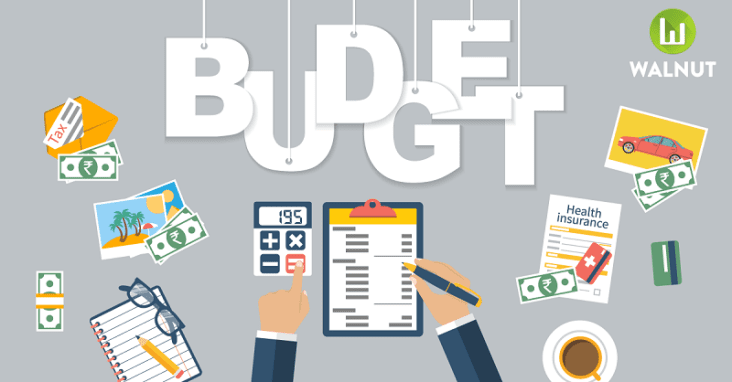Creating a budget is an essential step in taking control of your finances and achieving your financial goals. Whether you’re saving for a down payment on a house, paying off debt, or simply trying to live within your means, a budget can help you stay on track and make progress towards your goals.
However, creating a budget isn’t always easy, and it’s common for people to get overwhelmed or give up on their budgeting efforts. If you’re struggling to stick to a budget, here are 10 steps to help you create a budget that works for you:
- Determine your income. The first step in creating a budget is to figure out how much money you have coming in. This includes your salary, any bonuses or commissions you receive, and any other sources of income, such as rent from a property you own or dividends from investments. Make sure to include all sources of income, even if they’re irregular or sporadic.
- Identify your fixed expenses. Fixed expenses are those that stay the same every month, such as rent or mortgage payments, car payments, and insurance premiums. Make a list of all your fixed expenses and the amount you pay for each. Don’t forget to include any annual expenses that you pay on a monthly basis, such as property taxes or car insurance.
- Identify your variable expenses. Variable expenses are those that can vary from month to month, such as groceries, entertainment, and clothing. Make a list of all your variable expenses and the amount you typically spend on each. Be sure to include any irregular expenses, such as gifts or holiday expenses.
- Track your spending. For the next month, track every dollar you spend. This will help you get a better idea of where your money is going and identify any areas where you may be able to cut back. You can use a budgeting app or simply write down your expenses in a notebook.
- Adjust your budget. Once you have a clear picture of your income and expenses, it’s time to make some adjustments to your budget. Look for areas where you can cut back on your spending, and consider increasing your income if possible. You may need to make some tough choices, such as cutting back on dining out or canceling a subscription service, but the payoff will be worth it.
- Set financial goals. Having specific financial goals can help you stay motivated and on track with your budget. Whether it’s saving for a down payment on a house, paying off debt, or building an emergency fund, setting goals can help you stay focused and make progress towards your financial goals.
- Create a budget plan. Now that you’ve identified your income, fixed expenses, variable expenses, and financial goals, it’s time to create a budget plan. A budget plan is a detailed document that outlines your income, expenses, and savings goals. You can create a budget plan using a spreadsheet or a budgeting app, or you can use a budget template or budget worksheet.
- Implement your budget. Once you have a budget plan in place, it’s time to put it into action. This means making a concerted effort to stick to your budget and avoid overspending. You may need to make some lifestyle changes, such as cooking at home more often or finding ways to save on groceries, but the long-term benefits of budgeting are well worth the effort.
- Monitor your progress. It’s important to regularly review your budget to see how you’re doing and make any necessary adjustments. This can help you identify areas where you’re overspending and
- Review and adjust your budget regularly. Your budget is not a one-time exercise – it’s something that should be reviewed and adjusted regularly to ensure it’s still working for you. Make sure to review your budget at least once a month and make any necessary adjustments. This can include adjusting your budget to reflect any changes in your income or expenses, or making changes to your financial goals.
By following these steps, you can create a budget that works for you and helps you achieve your financial goals. It may take some time and effort to get your budget in place, but the benefits of budgeting – such as increased financial security and peace of mind – are well worth it.
Remember, budgeting is not about deprivation or living a life of austerity. It’s about finding ways to live within your means and make the most of your money. By creating a budget that works for you and sticking to it, you can take control of your finances and achieve financial success.


